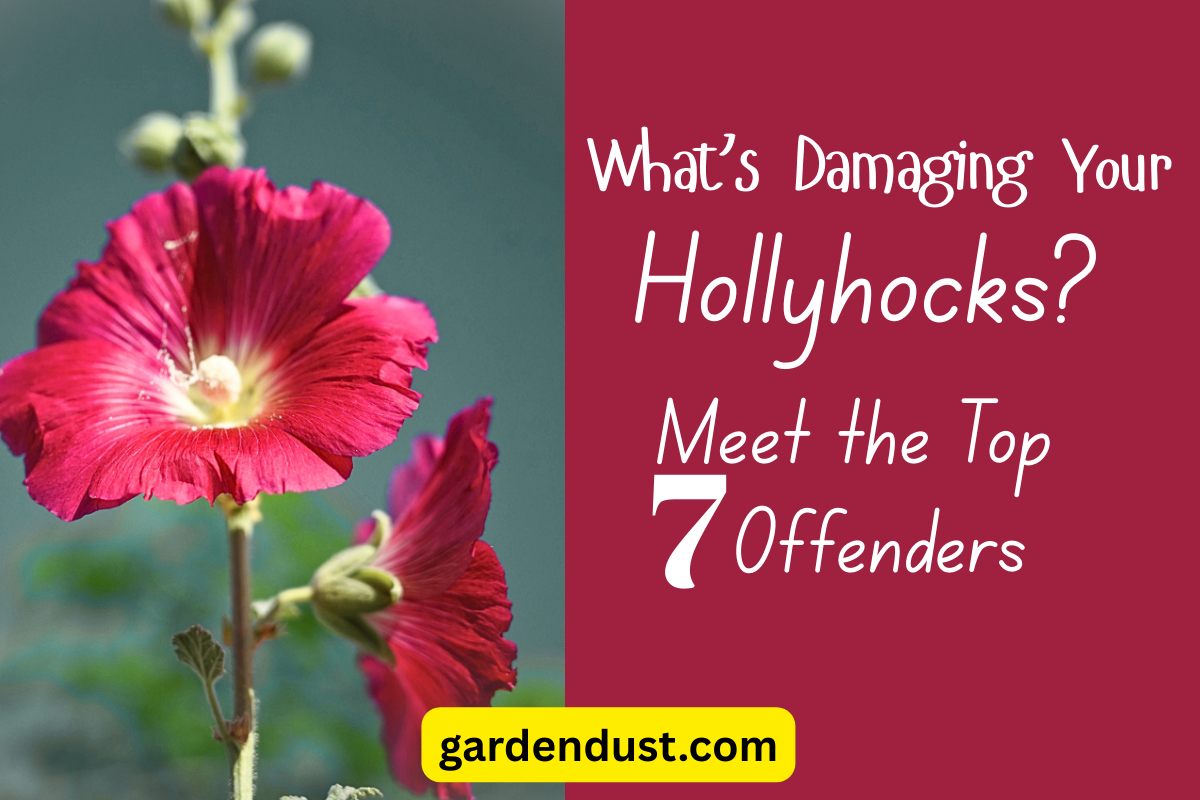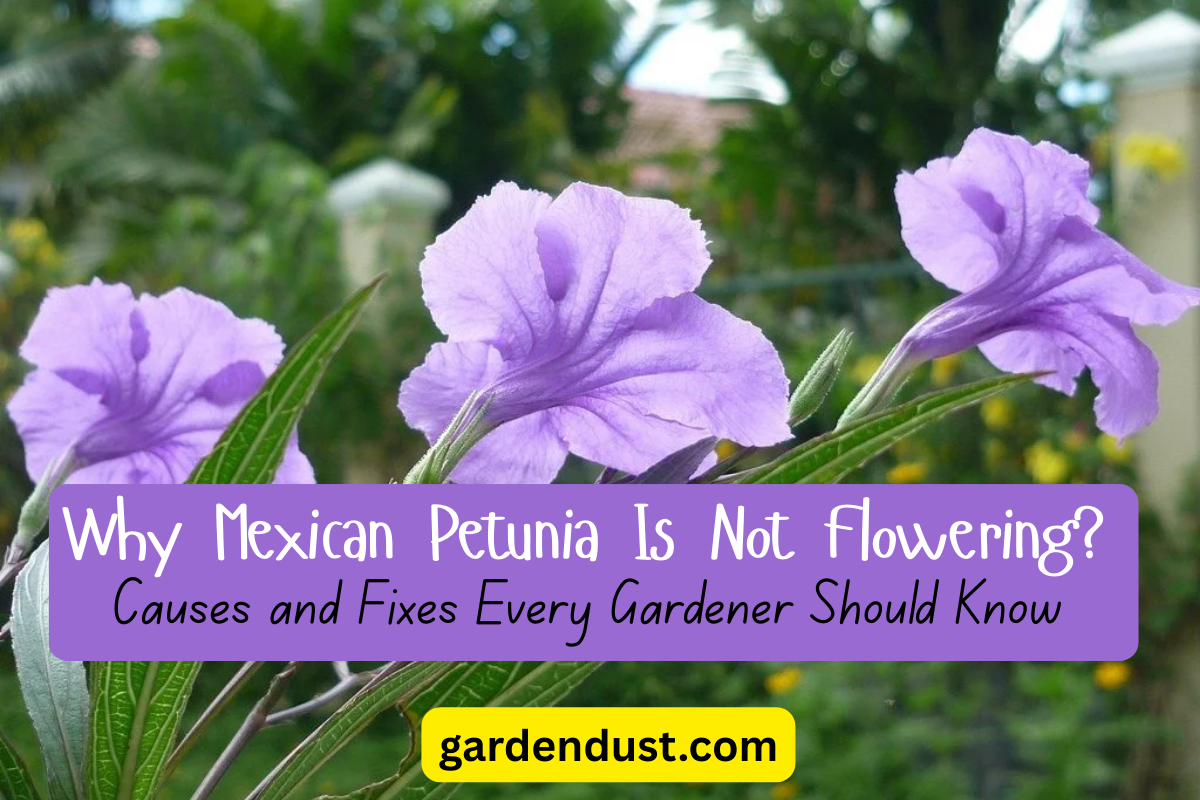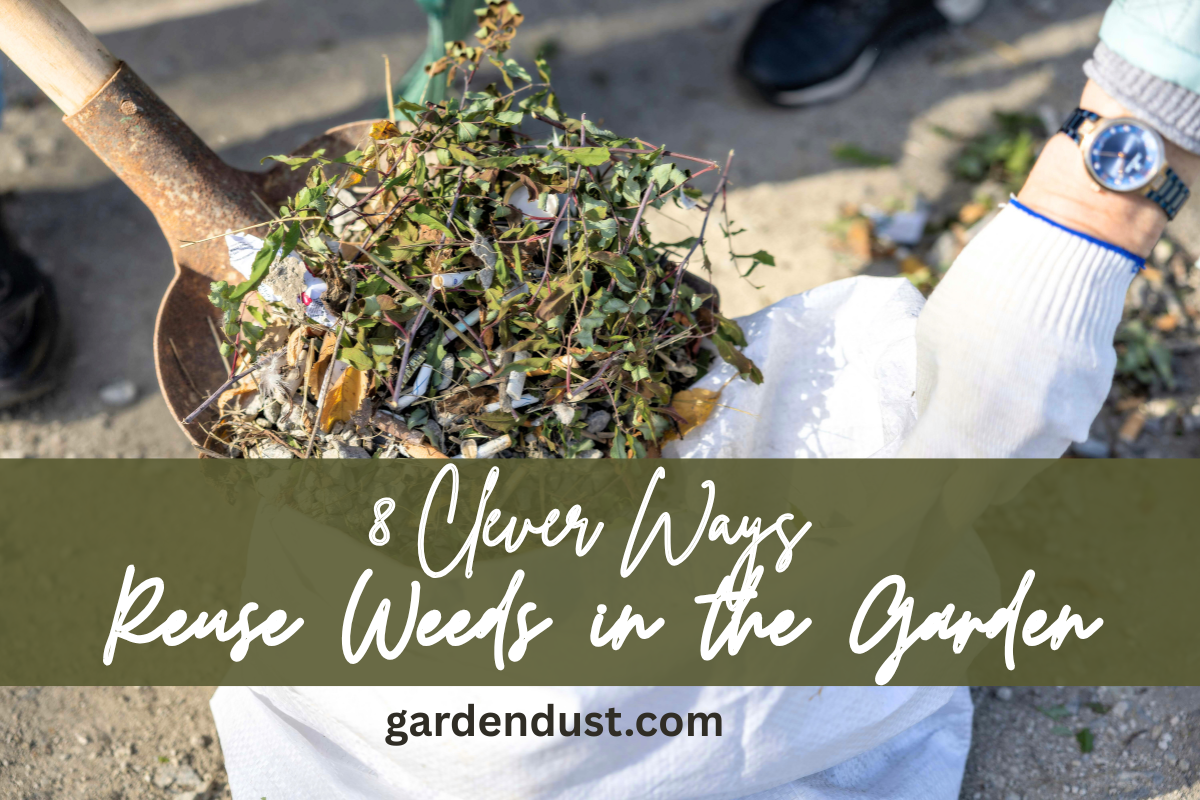What Is Tomato Hornworms?
Tomato hornworms (Manduca quinquemaculata) are large green caterpillars that can cause significant damage to tomato plants if left unchecked. Understanding the symptoms, causes, and potential cures for tomato hornworms is crucial for effectively managing and preventing their infestations. In this article we will discuss about how to get rid of tomato hornworms and their symptoms ,cause ,prevent. Let’s begin:
Symptoms Of Tomato Hornworms:-
The presence of tomato hornworms on tomato plants can be identified through the following symptoms:
- Defoliation: Hornworms are voracious feeders and can quickly defoliate tomato plants. They consume large sections of leaves, starting from the outer edges and working their way inward.
- Frass and droppings: Tomato hornworms leave behind dark green or black droppings, known as frass. Frass can often be seen on the leaves, stems, or on the ground below the infested plants.
- Foliage damage: Hornworm feeding can result in irregularly shaped holes and notches in the leaves. They can strip leaves down to the veins, leaving behind skeletonized foliage.
- Presence of caterpillars: Tomato hornworms are large caterpillars, reaching up to 4 inches in length. They are green with white diagonal stripes along their bodies. Look for these caterpillars on the foliage or stems of the tomato plants.
What Causes Of Tomato Hornworms?
Tomato hornworms are commonly found in gardens and are attracted to tomato plants due to several factors, including:
- Adult moth activity: Adult tomato hornworm moths lay eggs on the undersides of tomato leaves. These eggs hatch into caterpillars that feed on the foliage.
- Overwintering pupae: Hornworm pupae can overwinter in the soil or plant debris, emerging as adult moths in the spring. These moths lay eggs on the tomato plants, continuing the cycle.
- Plant diversity: Tomato hornworms are attracted to a range of plants in the Solanaceae family, including tomatoes, peppers, and eggplants. If these plants are present in the vicinity, it can increase the likelihood of hornworm infestations.
How To Prevent Tomato Hornworms?
There are several measures you can take to manage tomato hornworms and reduce their impact on your tomato plants:
- Handpicking: Regularly inspect your tomato plants for the presence of tomato hornworms. Handpick the caterpillars and either relocate them far from your garden or destroy them by dropping them into a bucket of soapy water.
- Beneficial insects: Encourage natural predators of tomato hornworms, such as parasitic wasps and braconid wasps, to your garden. These wasps lay their eggs on the hornworms, which then hatch and consume the caterpillar, ultimately reducing their populations.
- Crop rotation: Practice crop rotation by avoiding planting tomatoes or other Solanaceous plants in the same area each year. This disrupts the life cycle of tomato hornworms, reducing the risk of reinfestation.
- Floating row covers: Use floating row covers to physically exclude tomato hornworm moths from laying eggs on the plants. Ensure the covers are securely placed over the plants, allowing for air circulation and pollination.
- Bacillus thuringiensis (Bt): Bt is a naturally occurring bacterium that produces proteins toxic to many caterpillar pests, including tomato hornworms. Apply Bt-based insecticides to the foliage of tomato plants according to the manufacturer’s instructions.
- Natural repellents: Some gardeners report success with natural repellents like garlic or chili pepper sprays, which can deter tomato hornworms from feeding on the plants. Experiment with these methods, keeping in mind that their efficacy may vary.
Tomato hornworms can cause substantial damage to tomato plants if left unmanaged. By implementing a combination of preventive measures, such as handpicking, encouraging beneficial insects, practicing crop rotation, using floating row covers or Bt-based insecticides, and experimenting with natural repellents, you can effectively manage tomato hornworms and protect your tomato plants. Regular monitoring and early intervention are crucial to prevent extensive damage and ensure the health and productivity of your tomato harvest. Happy Gardening…







